12 GPTs for Systematic Review Powered by AI for Free of 2025
AI GPTs for Systematic Review are advanced tools designed to streamline and enhance the process of conducting systematic reviews. Utilizing the capabilities of Generative Pre-trained Transformers (GPTs), these AI tools are specifically tailored to assist in the systematic review process by automating literature search, data extraction, and analysis. Their relevance lies in their ability to process vast amounts of information efficiently, accurately identify relevant studies, and provide comprehensive summaries, making them indispensable in fields requiring rigorous literature reviews.
Top 10 GPTs for Systematic Review are: Scientific Article AI Finder,Data Extractor Pro,Bias Bee - version RCT,학술 연구 논문 문헌 리뷰 (Literature Review),Cohort study risk of bias (NOS),Clinical Question Refiner,PICO太郎,MediReview Assistant,Meta Analysis Screening,Search Sparrow
Scientific Article AI Finder
Empowering research with AI-driven insights

Data Extractor Pro
Simplify Complex Data with AI

Bias Bee - version RCT
Streamlining RCT Bias Assessment with AI
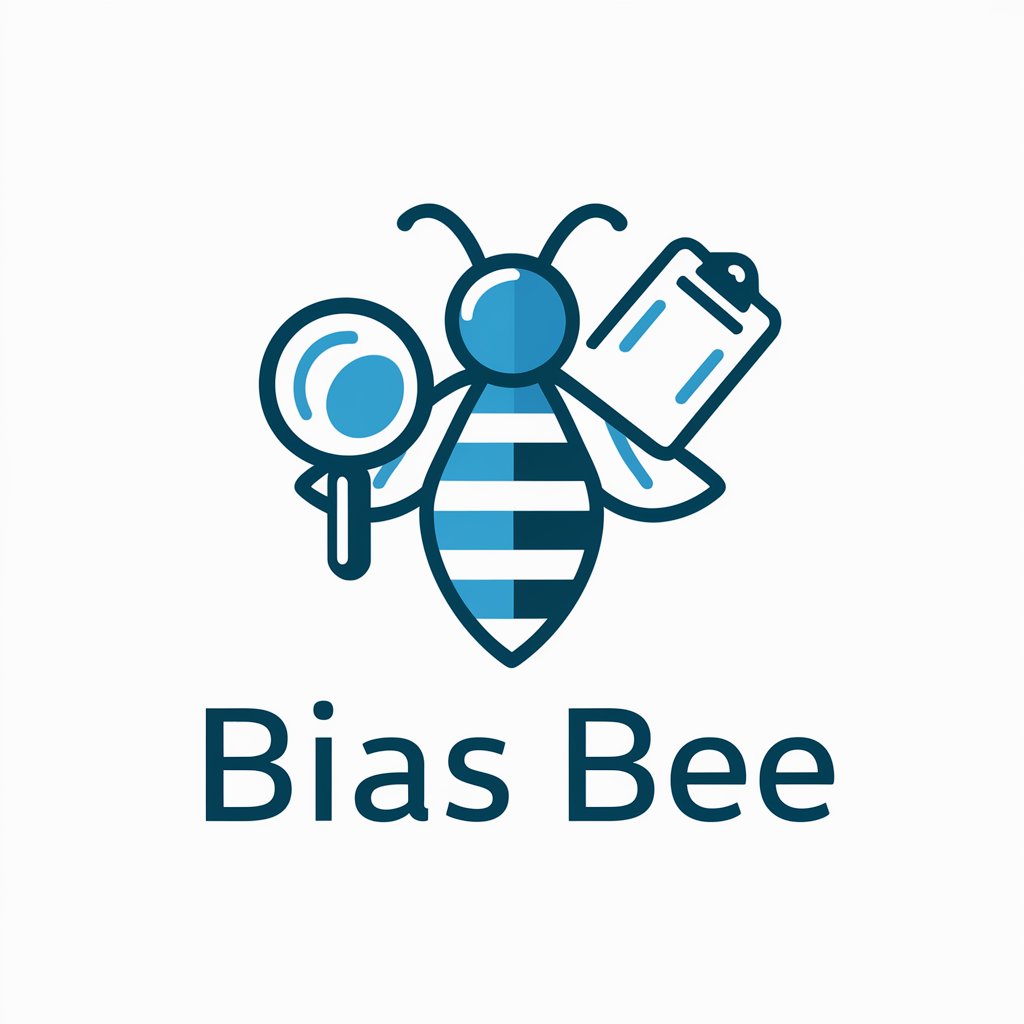
학술 연구 논문 문헌 리뷰 (Literature Review)
Power Your Research with AI-Driven Insights
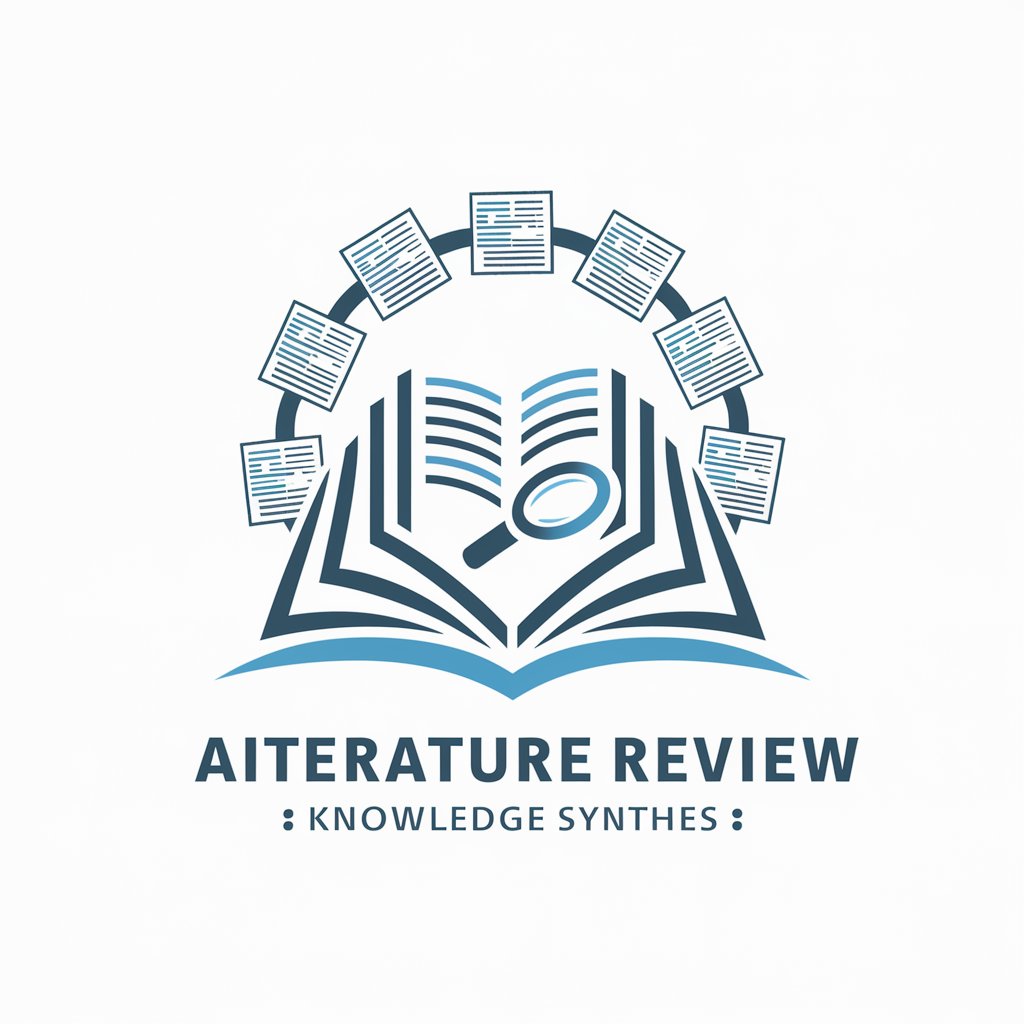
Cohort study risk of bias (NOS)
AI-driven bias assessment for cohort studies
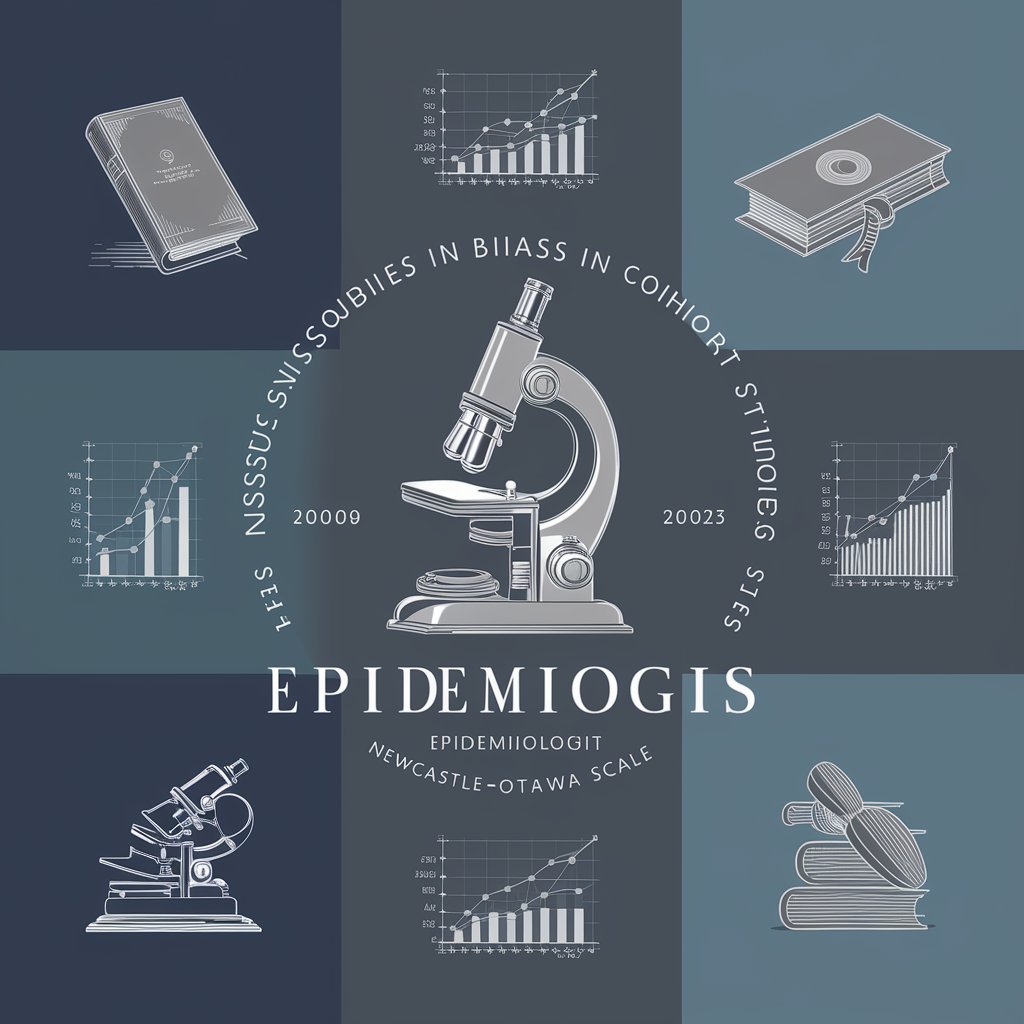
Clinical Question Refiner
Refine Questions with AI, Enhance Research

PICO太郎
Demystifying medical research with AI

MediReview Assistant
Empowering Research with AI-Powered Reviews
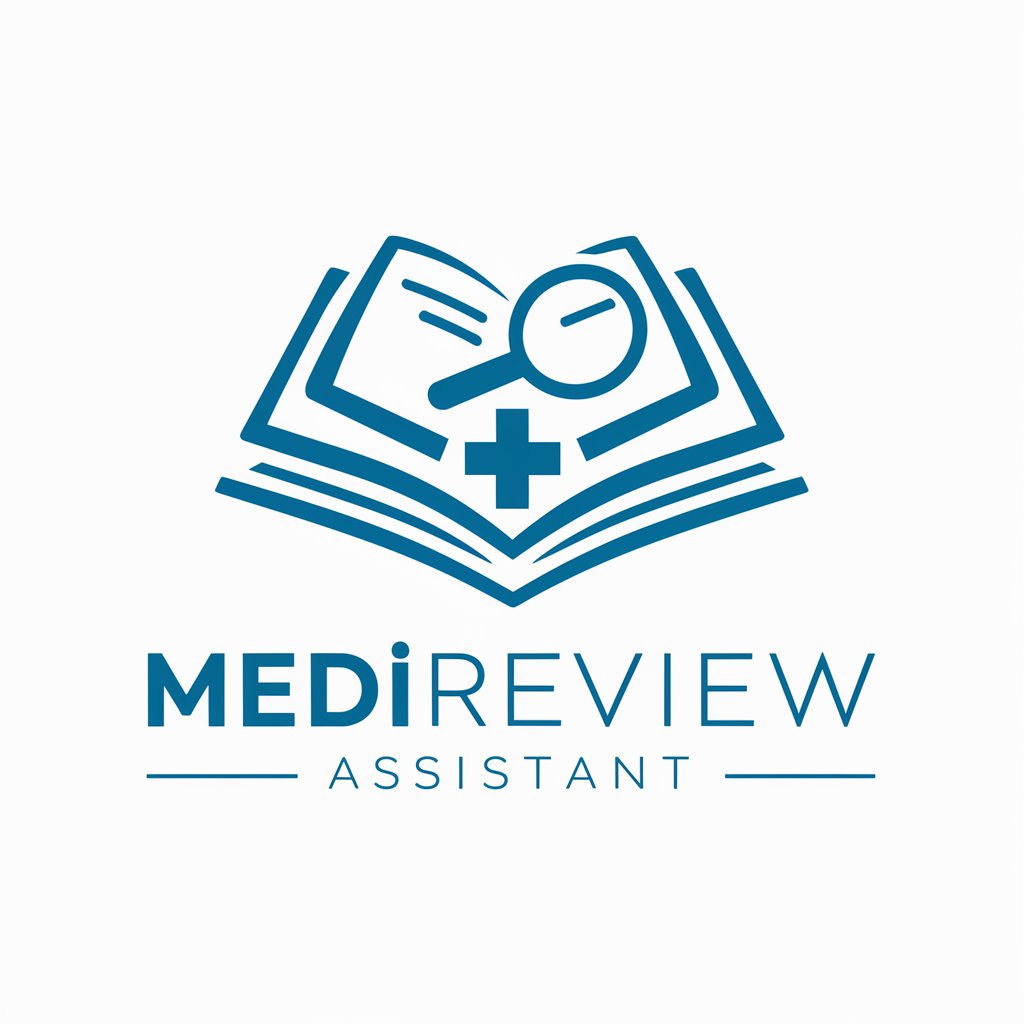
Meta Analysis Screening
Streamlining Academic Research with AI

Search Sparrow
Empowering your research with AI-driven search strategies.

EGP Assistant
Streamlining Evidence Generation with AI

MeSH Search Expert
Streamline Your Medical Research with AI-Powered MeSH Searches
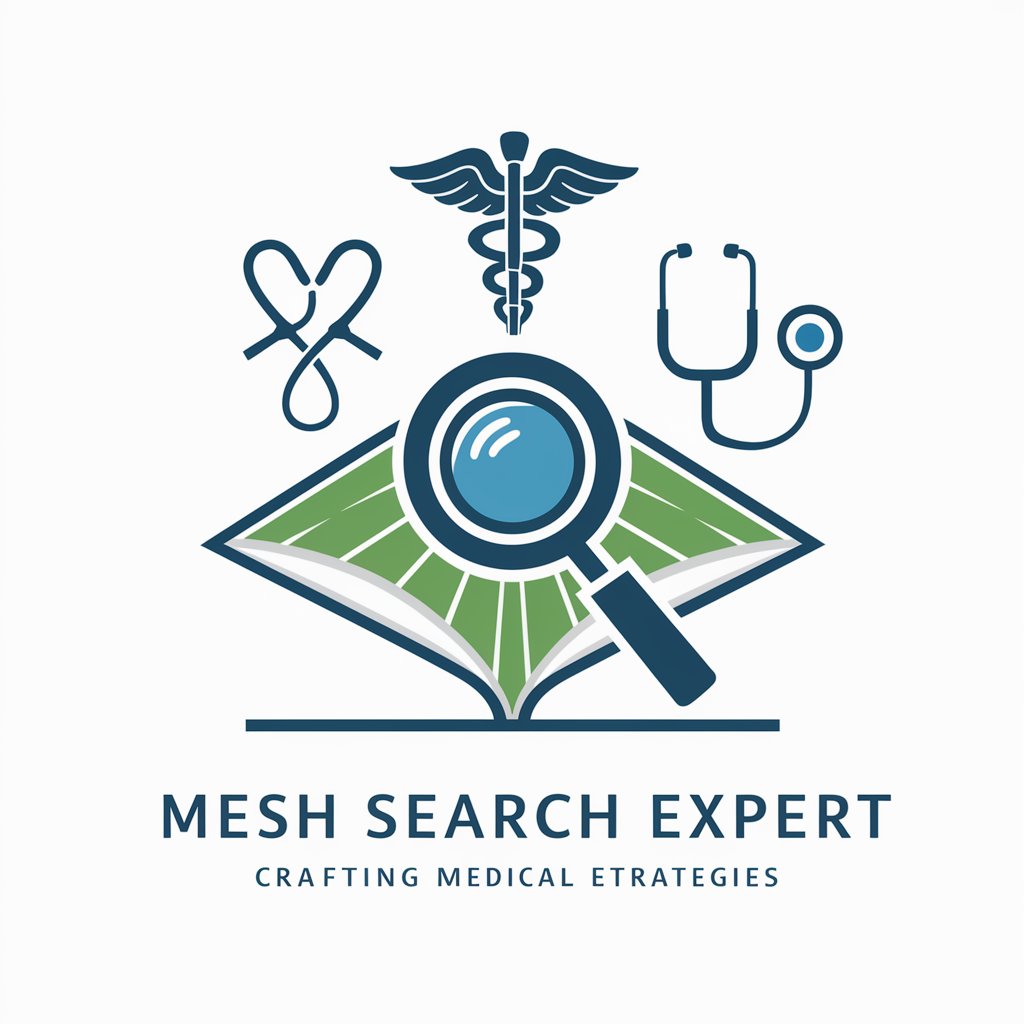
Unique Capabilities of AI GPTs in Systematic Reviews
AI GPTs tools for Systematic Review are distinguished by their adaptability, precision, and depth of analysis. Key features include advanced natural language processing for identifying and summarizing relevant studies, customizable filters for precise literature search, automated data extraction for efficiency, and the ability to analyze trends and patterns within data sets. Special functionalities such as multilingual support, integration with academic databases, and the generation of meta-analytic reports further set these tools apart, offering a comprehensive suite of capabilities for systematic review tasks.
Who Benefits from AI GPTs in Systematic Reviews?
The primary beneficiaries of AI GPTs tools for Systematic Review encompass a wide range of users, from academic researchers and healthcare professionals to policy makers and industry experts. These tools are designed to be user-friendly for those without programming skills, while also offering advanced customization options for developers and data scientists. This dual accessibility ensures that whether one is conducting a preliminary literature review or a complex meta-analysis, AI GPTs can significantly enhance productivity and insight.
Try Our other AI GPTs tools for Free
Strategic Thinking
Discover AI-driven strategic planning tools designed to empower decision-making and innovation. Harness tailored insights for competitive advantage.
Event Keynotes
Discover how AI GPTs for Event Keynotes transform presentation creation with engaging, data-driven content, making every speech memorable.
Educational Interaction
Discover how AI GPTs are transforming education with interactive, personalized learning experiences designed to engage and enlighten students of all ages.
Vulnerability Reporting
Discover how AI GPTs for Vulnerability Reporting revolutionize cybersecurity with automated threat detection, real-time analysis, and predictive insights, tailored for both tech-savvy and non-technical users.
Security Assessment
Discover how AI GPTs revolutionize Security Assessment with predictive analytics, real-time insights, and customizable solutions for enhanced cybersecurity postures.
Bug Bounty Hunting
Discover AI GPTs for Bug Bounty Hunting: your powerful ally in cybersecurity. Unleash the potential of AI to identify and fix vulnerabilities with unparalleled efficiency and precision.
Expanding Horizons with AI GPTs in Systematic Reviews
AI GPTs for Systematic Review represent a significant advancement in the field, offering customized solutions across various sectors. Their user-friendly interfaces and the possibility of integration with existing workflows make them a versatile tool for enhancing research quality and efficiency. As these tools continue to evolve, their potential to transform the systematic review process in academic, healthcare, and policy-making fields becomes increasingly evident.
Frequently Asked Questions
What exactly are AI GPTs for Systematic Review?
AI GPTs for Systematic Review are artificial intelligence tools powered by Generative Pre-trained Transformers. They are designed to assist in conducting systematic reviews by automating the literature search, data extraction, and analysis processes.
How do these AI tools improve the systematic review process?
These tools streamline the review process by automating time-consuming tasks, providing accurate and rapid identification of relevant literature, and offering analytical insights that might be missed through manual methods.
Can non-technical users operate AI GPTs for Systematic Review?
Yes, these tools are designed with user-friendly interfaces that allow non-technical users to conduct comprehensive reviews without requiring advanced programming knowledge.
Are there customization options for more experienced users?
Absolutely. Developers and data scientists can access and modify the underlying algorithms to tailor the tool's functionality to specific project needs.
Do AI GPTs tools support multilingual literature reviews?
Yes, many of these tools offer multilingual support, enabling the processing and analysis of literature in various languages.
How do AI GPTs ensure the quality of systematic reviews?
AI GPTs use advanced algorithms to ensure the accuracy of data extraction and the relevance of selected studies, thereby maintaining high standards of review quality.
Can these tools integrate with existing databases and software?
Yes, many AI GPTs for Systematic Review are designed to integrate seamlessly with existing academic databases and systematic review software, enhancing their functionality and ease of use.
What are the potential limitations of using AI GPTs in systematic reviews?
While AI GPTs significantly enhance review efficiency and accuracy, potential limitations include the need for manual oversight to ensure the relevance of selected studies and the interpretation of complex data.